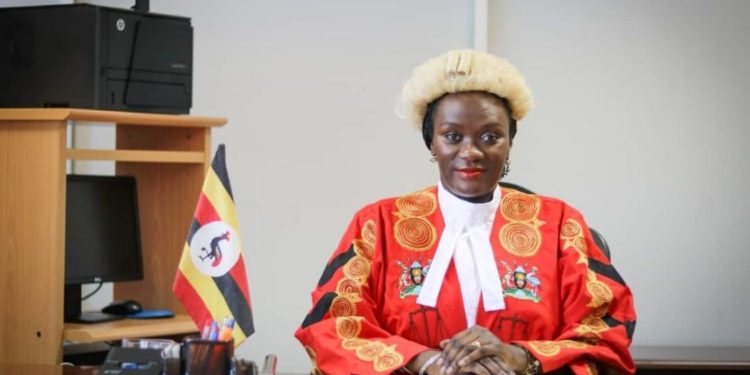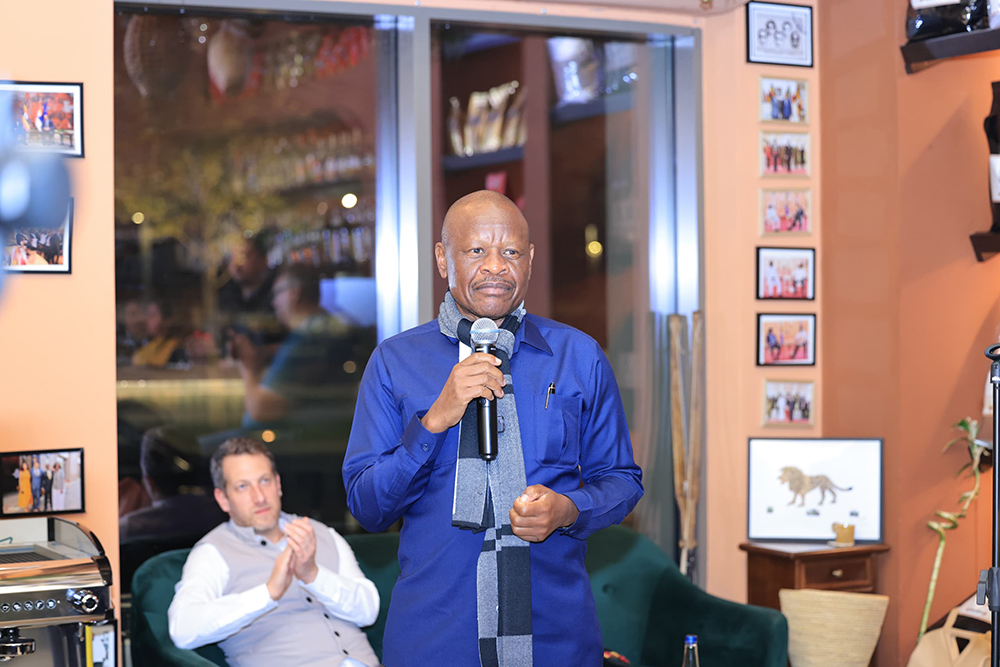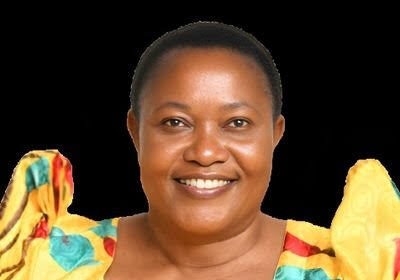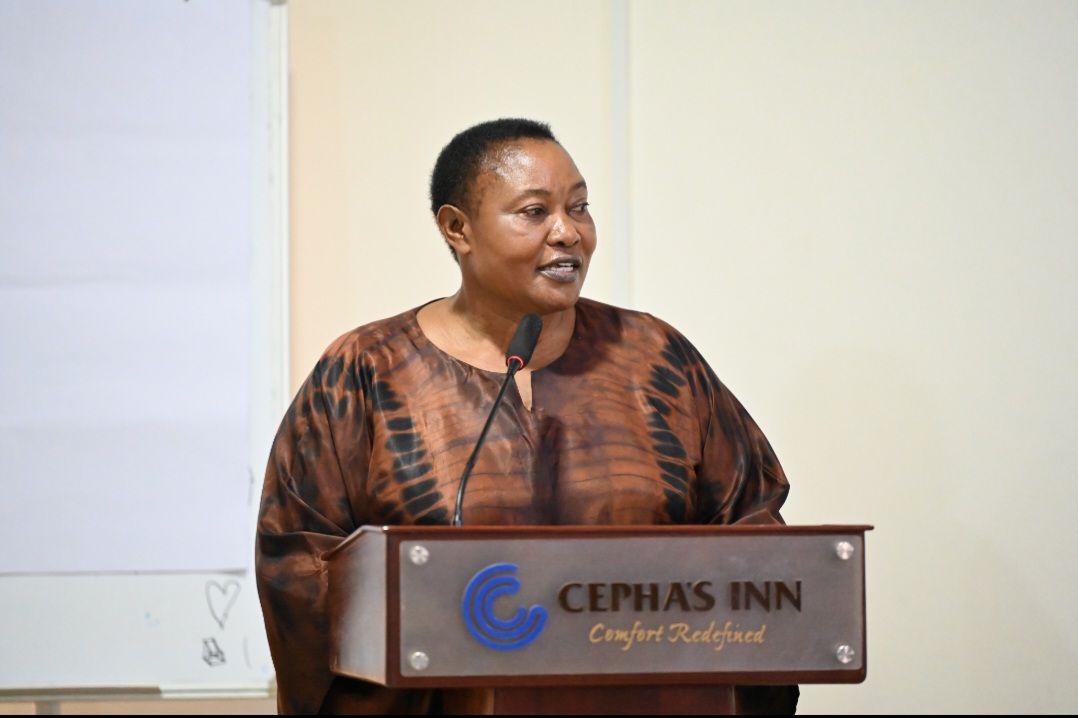The Judiciary of Uganda has officially responded to media reports concerning the arrest of Justice Lydia Mugambe, a former High Court judge, in the United Kingdom on serious charges related to forced labor and modern slavery. A statement from the Judiciary indicates ongoing consultations with relevant government bodies to gather further details.
Formal communication is expected once these inquiries are complete, signaling the Judiciary’s commitment to transparency in handling the sensitive matter.
Justice Mugambe, who served on Uganda’s High Court bench from 2013 to 2020, is alleged to have transported a Ugandan citizen to the UK under the pretense of employment. According to UK authorities, the individual, who was hired to work as a domestic helper, was allegedly coerced into forced labor.
It is further alleged that the worker faced restrictions on their freedom, and had to perform household duties under exploitative conditions. The situation falls under the UK’s Modern Slavery Act of 2015, which covers forced labor, human trafficking, and servitude, making it a criminal offense to exploit or coerce individuals for personal gain.
The Modern Slavery Act, which came into force in 2015, is one of the most stringent anti-slavery laws globally. It defines modern slavery to include forced labor, domestic servitude, and other forms of exploitation, with severe penalties for those found guilty. Under this law, anyone convicted of human trafficking or forced labor faces up to life imprisonment. The Act also emphasizes restitution for victims, including compensation for lost wages and other damages suffered due to exploitation.
Justice Mugambe’s arrest and the associated allegations place her within the scope of this legislation, and she will face trial in February 2025. If found guilty, the implications could be far-reaching, both in terms of her personal freedom and potential financial reparations to the victim.
A well-respected figure in Uganda’s legal field, Justice Mugambe is noted for her contributions to human rights rulings and social justice during her tenure from 2013 to 2020. The current allegations have stirred public interest due to her established record as a legal authority and a defender of justice. According to reports, she had traveled to the UK for further studies, a move that has now been overshadowed by the legal troubles she faces.
Justice Mugambe’s case has brought renewed attention to the issues of modern slavery and forced labour, echoing global efforts to combat these forms of exploitation. Cases of forced domestic servitude—where individuals are coerced into unpaid or underpaid domestic work—remain a significant concern in the fight against modern slavery, with the United Nations and other global bodies advocating for stricter enforcement of anti-slavery laws.
Meanwhile, the Judiciary has assured the public that it will handle the matter with full transparency and integrity, and a formal statement with additional details is expected as consultations continue.
Do you have a story in your community or an opinion to share with us: Email us at Submit an Article









